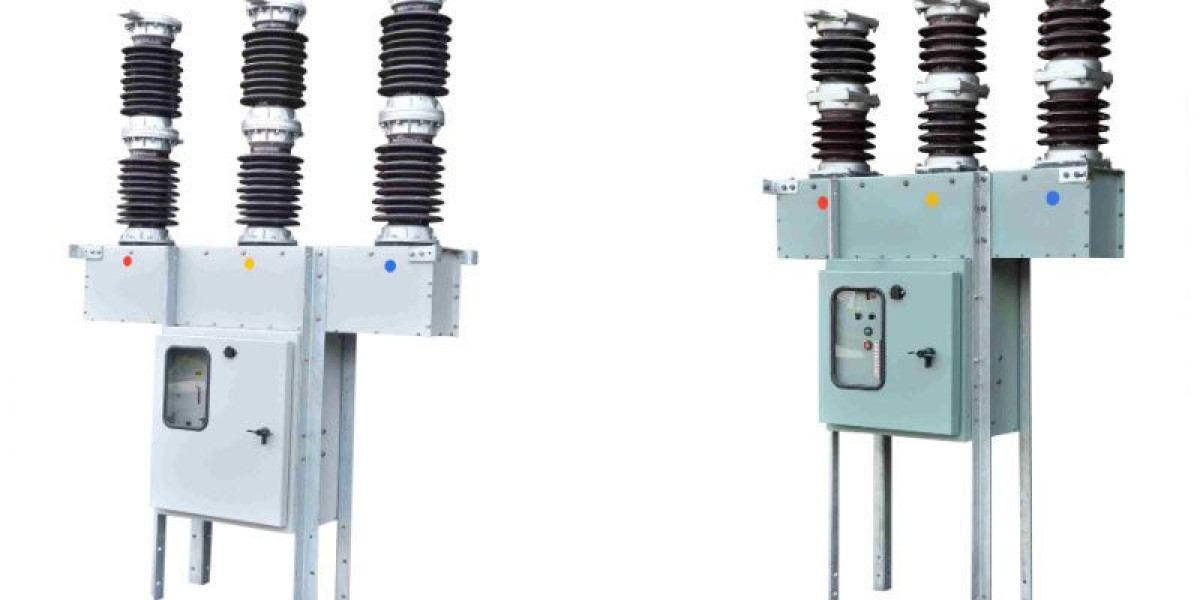✅ 1. Certifications & Standards Compliance
A reliable VCB manufacturer should provide IEC 62271-100 / GB1984 type test reports, along with routine test records, factory QA documents, and ISO9001/14001 certification. If the products are for Europe or the Middle East, CE marking and KEMA/ASTA reports can be required.
✅ 2. Vacuum Interrupter Technology Source
The core component of a VCB is the vacuum interrupter. Some Chinese factories produce their own interrupters, while others buy from third-party suppliers. In-house interrupter production usually indicates stronger technical capability and faster spare-parts support.
✅ 3. Production Capacity & Delivery Lead Time
Industrial and utility projects often require 50–500 VCB units or complete switchgear panels. A good manufacturer should have CNC machined parts, epoxy insulation casting workshops, and automated test lines—allowing stable lead times (typically 20–35 days).
✅ 4. Customization Capability
Many overseas customers require special voltage ratings (e.g., 13.8kV, 15kV, 27kV), digital relays, arc-flash sensors, motorized mechanisms, or non-standard busbar arrangements. Strong manufacturers can offer full OEM designs rather than only standard catalog models.
✅ 5. After-Sales Service & Technical Support
A serious VCB supplier should provide:
Remote troubleshooting & operation manuals
Spare parts like coils, springs, and drive motors
Optional on-site commissioning support
Warranty of 2–5 years depending on model
✅ 6. Global Project References
Manufacturers with exports to utility companies, EPC firms, or government energy projects are more reliable than those selling only in the domestic market.








